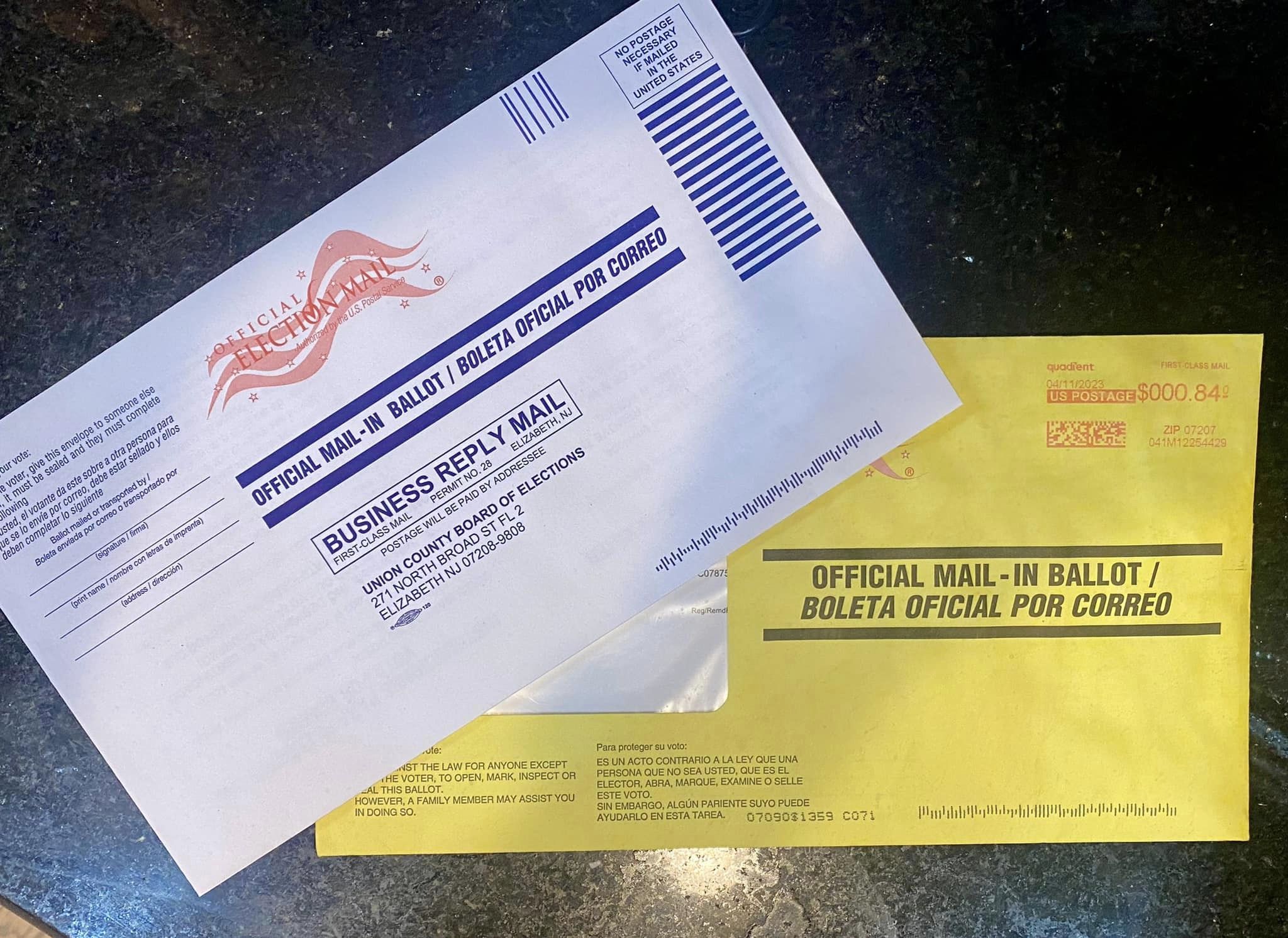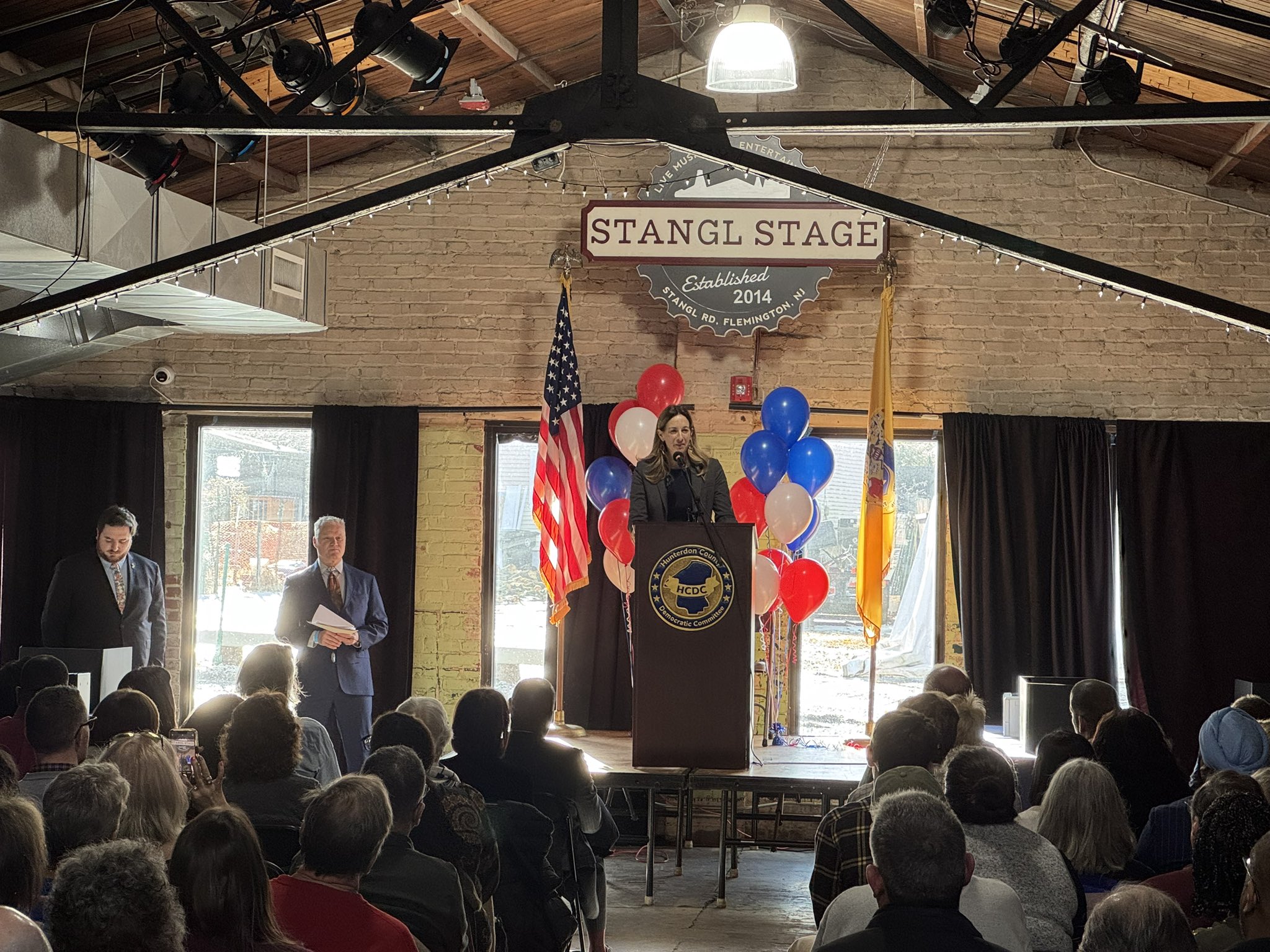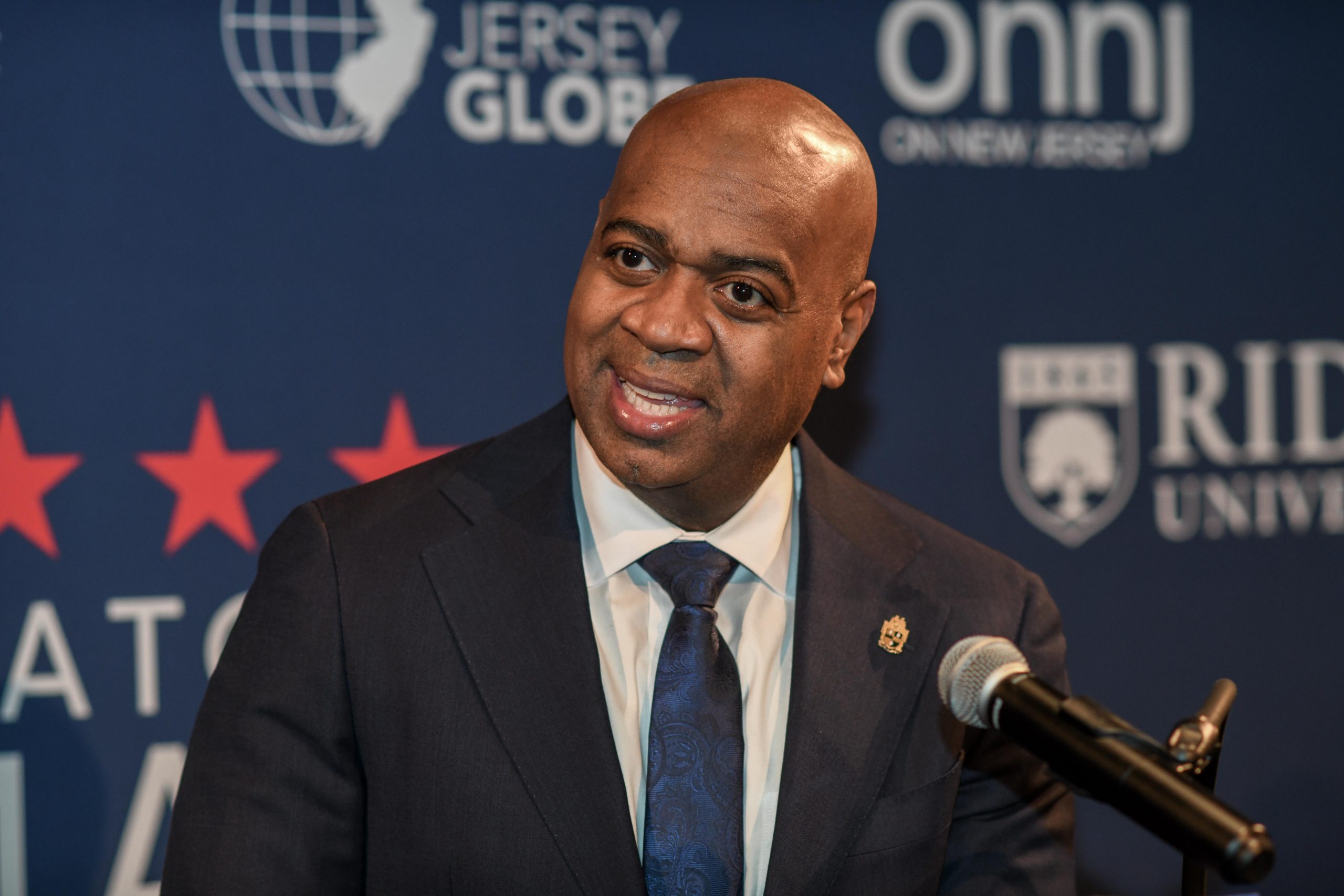A bill that requires office-block ballots in primary elections was adopted by a state Senate committee on Thursday.
Similar to Assembly legislation passed late last year, the bill received unanimous support from Senate Judiciary Committee members. The committee eliminated wording that would have allowed county clerks to alter lines or make other changes to show when two or more candidates were linked. Proponents of ballot reform had targeted this wording.
The entire Senate will vote on the bill on Tuesday, according to Senate President Nicholas Scutari.
Last year, federal judge Zahid Quraishi declared the county border illegal, upending state politics. Party-endorsed candidates had an advantage on the ballot due to the long-standing ballot system. Quraishi’s decision forced lawmakers to begin creating a new structure after critics claimed the system was unjust to outside candidates.
The Senate bill mandates that candidates have a ballot position number and does away with some typeface standards. Additionally, the Act does away with the direct election of Democratic and Republican members of the State Committee in primary elections. Instead, the county committee will vote to pick State Committee members.
State Senator Vin Gopal (D-Long Branch) stated, “I think this is a good thing, a celebration of the end of the line.” And that’s what I believe the ballot will reveal.
According to the bill, all candidates must have the same block and line designs, and related candidates cannot be positioned next to one another without a line separating them.
At the hearing, a number of activists, local representatives, and Assembly candidates spoke out in favor of additional amendments to the law. The current version permits running mates to be drawn together and placed close to them other on votes, therefore they urged lawmakers to mandate a randomized ballot position drawing for every contender.
Antoinette Miles, the director of the New Jersey Working Families Party, stated during the hearing that there should be no ballot-buddy system or coattails that would allow running mates for Assembly, county commissioner, or council contests to effectively bracket with one another on the ballot.
According to Quraishi’s order from the previous year, clerks had to randomly select each contender for each office.
Gopal stated, “I think this [bill] gets us a good way there.” If not, we will undoubtedly hear from Judge Quraishi, who had very stringent rules, shortly if this doesn’t reach the point at which it must.
After months of public hearings, the Assembly passes the ballot reform bill in December. It is anticipated that the Assembly will modify its legislation to conform to the Senate’s version.




